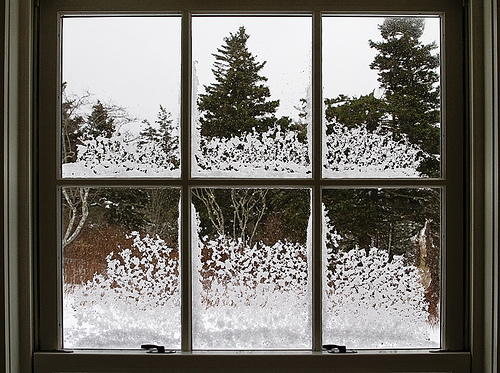
What is Residential Window Tinting?
Your windows are essential for making your home seem open and spacious rather than cramped and closed-in. However, with the home as with other things, too much light can be as bad as too little. If you find that your windows are letting in an excess of light, then it is time to consider using window film for residential window tinting.
Not only is residential window tinting useful for reducing the amount of lighting coming in through your windows without spoiling your view of the outside, but you will also be pleasantly surprised by its impact on your heating bills during the cooler months of the year.
How Residential Window Tinting Can Reduce Heating Bills in the Cooler Months
Since the windows are so much less substantial than the walls of most homes, it should come as no surprise to learn that windows tend to have rather poor insulation. In the cooler months, this can be a serious problem since heat is escaping through the windows on a constant basis, resulting in mounting heating bills.
Residential window tinting can keep heat inside your home during winter for much the same reason that it can keep heat outside your home during summer. Simply put, the window film makes it easier for the window to reflect light and the heat that it carries. In summer, this ensures that less of the light of the sun can penetrate your windows to heat up the cool air of your home. In winter, this same characteristic ensures that less light can escape through your windows once it is reflected off of the interior of your home.
As a result, having residential window tinting serves to keep heat both out during summer and in during winter. This is important because its superior insulation reduces both your cooling costs during summer and your heating costs during winter. Although the savings in each month is small, they can add up to impressive figures over the course of years.
Other Benefits of Residential Window Tinting
Of course, reducing heating and cooling costs is not the only reason that you should consider installing window film. For example, one reason to have residential window tinting is to keep ultraviolet light out of your home. This is important not only because too much ultraviolet light can cause furnishings to fade faster, but also because it is considered a carcinogen.
Other potential benefits of having residential window tinting include, but are not limited to shatter-resistant windows, a reduction in glare, and even a superior view of the outside. After all, it is rather difficult to look outside when the light of the sun is making it impossible for you to keep your eyes open.
